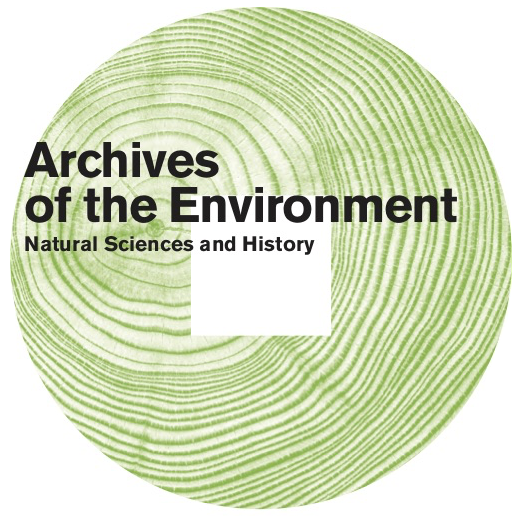Meetings

Rachel Carson Center Munich
This three-day symposium brought together scientists and humanists to assess how mosquitoes can better coexist with people. Our strategy was to identify major categories of mosquito-human relationships, and enrich them from multiple perspectives, especially history, anthropology, and ethics as well as entomology, molecular biology, and health sciences.
︎ learn more
Legacy Symposium: Mosquitopia? The Place of Pests in a Healthy World
October 2019This three-day symposium brought together scientists and humanists to assess how mosquitoes can better coexist with people. Our strategy was to identify major categories of mosquito-human relationships, and enrich them from multiple perspectives, especially history, anthropology, and ethics as well as entomology, molecular biology, and health sciences.
︎ learn more
 Infoclio.ch, the Swiss portal
Infoclio.ch, the Swiss portalfor the historical sciences
Symposium: Archives of the Environment. Natural Sciences and History
Nov. 23rd 2018The irreversible effects of global warming raise new questions for the Humanities too: where did earlier societies stand in relation to their environment, and what impact did this have? The 2018 infoclio.ch conference focuses on the human and non-human traces that bear witness to our relationship with the environment.
︎ learn more

Franklin University Switzerland
Workshop: Environmental Justice, ‘Collapse’ and the Question of Evidence
Spring Term 2015This workshop aimed to explore the many forms of evidence that surface as scholars and scientists go about making claims on behalf of both justice and collapse. Most importantly, the workshop served to highlight what thinking across disciplinary lines could yield as it becomes increasingly obvious that single disciplines like politics, law or even science have failed to find the kinds of solutions we need to ward off disaster.
︎ learn more
